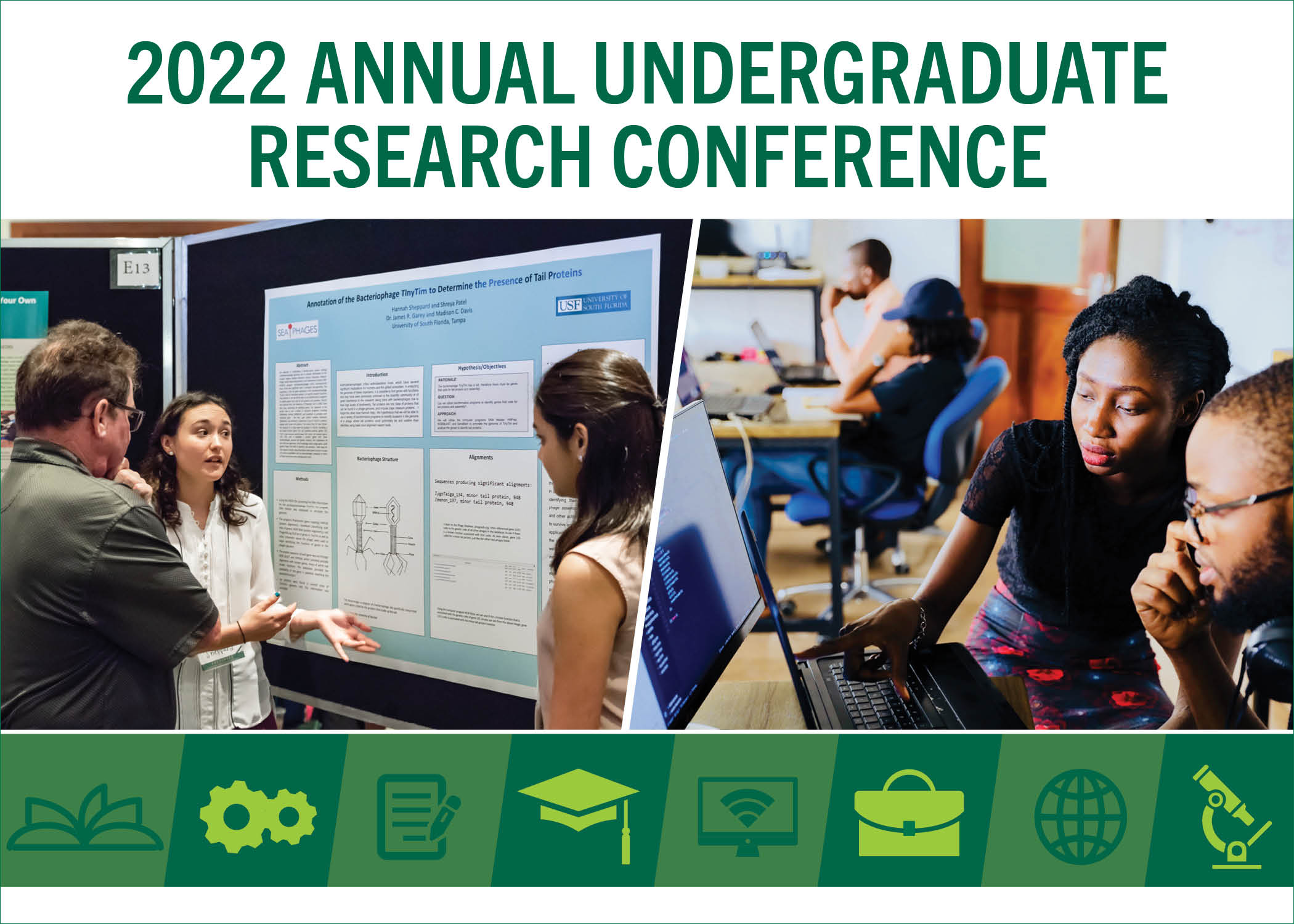The artificial sweetener saccharin as a potential anti-cancer agent to decrease cell proliferation
Mentor Information
Dr. Beth Jones-Mason
Description
Saccharin, once listed as a potential carcinogen, has more recently been suggested to have anti-cancer functions at high concentrations by causing tumor cell death and DNA damage. Similarly, we have observed a significant decrease in total cell number upon high concentration of saccharin treatment of a mouse B-cell lymphoma cell line. However, we have not observed this decrease to be due to cell death. We hypothesize saccharin's effect may be cell-type specific and instead is causing a decrease in cell proliferation in our system. To verify that the rate of proliferation is decreased and to investigate a potential mechanism we will perform a fluorescence-based DNA replication assay and a PCR-based DNA damage assay. Furthermore, we will investigate if saccharin's effect is permanent or reversible by performing a recovery test. Because we have not yet observed significant apoptotic death, we propose any saccharin-mediated DNA damage is delaying cell cycle progression and therefore may not be a permanent effect at the concentrations tested. The findings from our research will not only help to understand the mechanism by which saccharin impacts B-cell lymphoma cells but will also further inform other cancer-based drug studies.
Loading...
Please select your campus affiliation
Tampa
The artificial sweetener saccharin as a potential anti-cancer agent to decrease cell proliferation
Saccharin, once listed as a potential carcinogen, has more recently been suggested to have anti-cancer functions at high concentrations by causing tumor cell death and DNA damage. Similarly, we have observed a significant decrease in total cell number upon high concentration of saccharin treatment of a mouse B-cell lymphoma cell line. However, we have not observed this decrease to be due to cell death. We hypothesize saccharin's effect may be cell-type specific and instead is causing a decrease in cell proliferation in our system. To verify that the rate of proliferation is decreased and to investigate a potential mechanism we will perform a fluorescence-based DNA replication assay and a PCR-based DNA damage assay. Furthermore, we will investigate if saccharin's effect is permanent or reversible by performing a recovery test. Because we have not yet observed significant apoptotic death, we propose any saccharin-mediated DNA damage is delaying cell cycle progression and therefore may not be a permanent effect at the concentrations tested. The findings from our research will not only help to understand the mechanism by which saccharin impacts B-cell lymphoma cells but will also further inform other cancer-based drug studies.



Comments
Poster Presentation